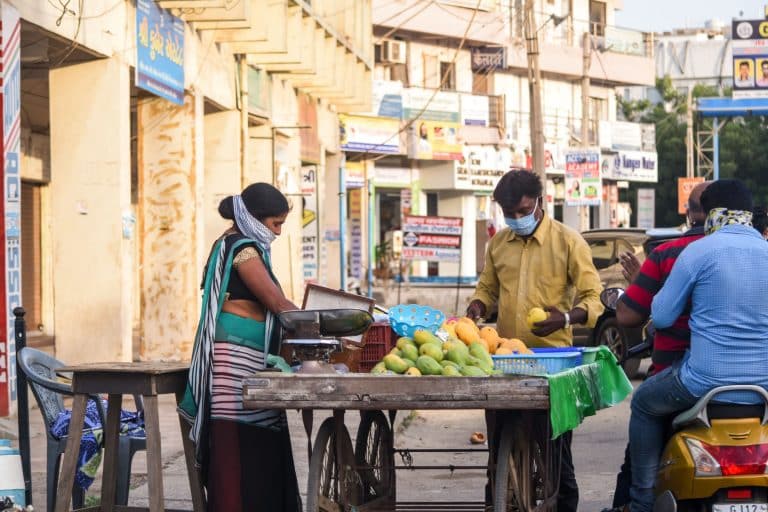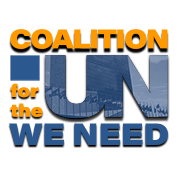“The crisis has been unprecedented in its scope and scale, (but) has not affected all countries and all people in the same way,” and setbacks need not be permanent. It is quite possible to move ahead towards the SDGs, and “even possible to convert the crisis into an opportunity for recovering better.” A “Pre-COVID 19 benchmark scenario” from 2019 is provided, along with Post-COVID-19 pessimistic and optimistic scenarios.
The 2019 benchmark scenario and the two Post-COVID-19 scenarios are each discussed in two long chapters covering the SDGs: “Achieving Prosperity in the Wake of COVID-19” (on growth, employment, poverty, hunger, universal healthcare, and universal social protection) and “Protecting the Planet in the Wake of COVID-19“ (on more forceful climate action, the greater necessity for sustainable production and consumption, and more protection of land, water, and biodiversity).
A concluding chapter on “Better Governance and Stronger Partnership for Post-COVID-19 Success” highlights why the quality of public institutions is important for the delivery of individual goals, for horizontal and vertical integration, for promoting efficient and effective public spending and limiting corruption, and for their ability to gain public trust and promote societal transformation. The pandemic has exposed many weaknesses and vulnerabilities of national institutions (e.g. preparedness for crisis), in some instances compounding them.
Principles of effective governance for sustainable development include effective communication and transparency, strong legislatures at all government levels, stakeholder engagement, accountability, coordination across units and levels of government, technical competency of the bureaucracy, and smart use of technology.
COVID-19 has “shown that greater partnership among countries is needed in order to keep all countries safe.” It is necessary to decrease global pressure on nature (and thus likely emergence of more pandemics), to create a global public health system able to deal with pandemics, and to mitigate the “shrinking fiscal space” that is a major barrier for many developing countries (e.g. capital flight, declining remittances, and trade restrictions and reductions). The degree to which the pessimistic or optimistic scenario is realized depends on the ability of the world community to move toward greater partnership, “which it owes to future generations.”
Note: A concise overview of what needs to be done, and what is likely if it isn’t done. Effective governance should also include rapid identification, analysis, and utilization of all science-based reports worldwide, from both public and private sources, as suggested in this initial survey.




